Best generative AI tools
In my work with businesses of all sizes, I’ve seen how powerful generative artificial intelligence (AI) can be when it comes to creating content quickly and efficiently. Of course, there are issues to keep in mind, from ethics to quality of the final product — ultimately it isn’t designed to tackle entire projects without any human input.
However, by using generative AI tools the right way — for ideation, initial design, or creating what can’t be produced by your team with existing tools — I’ve seen businesses increase their productivity, streamline the content creation processes, and achieve their goals more quickly. In some cases, these tools are embedded within AI agents — autonomous systems that can take initiative, respond to prompts, and carry out content-related tasks with minimal supervision.
In this article I’ll address the different types of generative AI tools and list 15 of the best that can help you meet those goals for yourself or your brand.
Key categories of generative AI tools
Businesses increasingly rely on generative AI for content creation, visual design, and development. It helps teams accelerate ideation, reduce repetitive work, and prototype faster.
For instance, startups build minimally viable products with no-code AI tools, while artists and designers use AI to generate visuals, music and more, helping reduce costs, streamline production, and enhance creativity. These tools might be in the form of
- Text generation: Text generators help create written content, such as blog post outlines, article briefs, video scripts, white papers, and more.
- Image generation: These tools produce high-quality images, designs, and other forms of visual art and graphics.
- Audio and music generation: These tools to compose music, create voiceovers, or modify or generate sounds, helping growing startups save thousands in royalties.
- Video generation: Tools that assist in creating and editing videos from scripts, templates, or AI-based editing help you stay on top of video content marketing and more.
- Code generation: If you’re a busy developer and need some assistance to generate or complete a piece of code, there’s an AI tool for that too.
As a consultant, I’ve found that knowing what kind of generative AI best suits your needs is the first step to making the right, informed choice for your brand or organization.
What to look for in a great generative AI tool
After evaluating AI tools for various clients, I’ve come up with an established routine that works. Start with objective criteria to create a short list of possible candidates, then have someone who will actually be using the tool give an opinion on the user friendliness of its design and layout:
- Define your objectives and use cases: What specific jobs or projects do you want this tool to tackle?
- Assess the tool’s capabilities: In my experience, you should examine the accuracy, responsiveness, and need for further human refinement of the tool’s output. It’s also good to get input from your human users.
- Consider scalability and cost: I’ve seen some companies outgrow an AI tool in months, so make sure it can scale for you without requiring massive resets or major investments in new tech.
- Evaluate privacy and data security: Understand who owns the data and what protections are in place.
The best generative AI tools at a glance
Upon evaluating several generative AI tools, in all five categories, I’ve selected the following 15 tools for inclusion in this article.
- Jotform gives you instant access to dynamic AI agents
- Jasper excels at producing content marketing text
- ChatGPT packs a lot of versatility into its features
- Copy.ai creates first draft content for human revision and refinement
- DALL·E 3 creates AI-driven images for marketing or other use
- Adobe Firefly uses AI to enhance and edit existing images
- Canva Magic Studio creates quick first drafts of graphics, video, text, and more
- Runway helps users create freeform, dynamic videos
- Synthesia can create videos out of your text prompts
- Filmora helps you refine and edit your videos
- ElevenLabs gives you access to an impressive library of AI generated voices
- Suno is a user-friendly AI tool for generating music
- Udio helps you create original music based on text input
- Bubble’s AI creates dynamic, scalable apps
- Cursor helps you code in an AI-powered editor interface
Learn more about each of the above generative AI tools in the following list.
The 15 top generative AI tools
Interested in working with one of the latest generative AI tools? Start with this list of 15 top choices.
1. Jotform AI Agents
Jotform AI Agents turn your forms into dynamic, conversational experiences, without writing a single line of code. I appreciate that when they’ve trained with the data you provide, the Agents can ask questions and answer your customers’ inquiries.
Collect information more intuitively, efficiently, and engagingly, with just a few simple steps:
- Choose your starting point — start from scratch, with a form, use a template, or even clone an existing form
- Train the AI Agents with your documents or URLs
- Customize your Agent using the Agent Builder
- Enjoy a streamlined workflow for data collection and interactions
Best for: Human-like AI agents
Key features: Conversational agents; dynamic forms; pre-made agent templates
Pros: Over 7,000 AI Agent templates to choose from that you can customize easily, including Healthcare & Wellness AI Agents, Customer Service & Support AI Agents, Marketing AI Agents; user-friendly interface
Cons: Output is only as good as the information on which it’s been trained; AI agents or bots are best suited for simple, routine questions, and can issue unsatisfactory responses for complex issues
Plans/pricing:
- Starter — Free forever — Five forms, 100 monthly submissions, 1,000 monthly form views
- Bronze — $34 per month — 25 forms, 1,000 monthly submissions, 10,000 monthly form views
- Silver — $39 per month — 50 forms, 2,500 monthly submissions, 100,000 monthly form views
- Gold — $99 per month — 100 forms, 10,000 monthly submissions, 1,000,000 monthly form views
- Enterprise — Custom pricing — Unlimited forms, monthly submission, storage, Multiuser platform
G2 rating: 4.6
2. Jasper
Jasper excels at seamless creation of content for multiple platforms, including blogs, social media, emails and more, all within a brand’s own voice. What has been helpful to many companies using the service is their enhanced security and privacy controls that continuously improve and strengthen to comply with evolving security best practices.
Best for: Content creation for marketing teams
Key features: Content creation for blogs, social media, emails; brand voice recognition; privacy controls
Pros: Impressive ability to match brand voice and style; substance of created content meets users’ expectations
Cons: Expensive plan; content may be inaccurate
Plans/pricing:
- Creator plan — $39 per month per user, billed annually — Unlimited AI text generation, access to over 50 templates, and a single brand voice
- Pro plan — $59 per month per user — Unlimited usage of most features, collaborative tools, and more
- Business plan — Custom pricing — Unlimited usage of most features, collaborative tools, and more
G2 rating: 4.7
3. ChatGPT
ChatGPT (especially the most recent release, ChatGPT-4) gets high marks for consistent output of content that’s polished, with prose that sounds natural and grammatically correct. It’s a great choice for marketing copy and content, from email campaigns to blog posts.
Best for: Quick content creation and conversational style
Key features: Content creation, search engine functionality, conversational chatbot
Pros: Coherent brand voice in comparison to other tools like Gemini; remembers user preferences, including tone, formatting, and recurring task or project needs
Cons: Information may be inaccurate
Plans/pricing:
- Free plan — Free for a single user — Provides full access to GPT-4o-mini, subject to daily usage limits, as well as limited file uploads and basic data analysis, and five monthly uses of its lightweight Deep Research tool
- Plus plan — $20 per month — Everything in the Free plan plus early access to new models, voice mode, extended limits on messaging, and more
- Pro plan — $200 per month — Everything in the Plus plan as well as unlimited access to all reasoning models, extended access to deep research, and more
G2 rating: 4.7
4. Copy.ai
Copy.ai offers a diverse assortment of over 90 templates you can use to jumpstart different kinds of content, from blog posts to social media posts to website or ad copy, and many more. It’s also responsive to user-inputted information about the brand’s voice and tone, so that the output is adapted to the brand’s needs.
Best for: Streamlining content creation without losing pace
Key features: Template library; brand voice and tone; multichannel content creation
Pros: Saves significant amounts of time for busy marketing teams that are stretched too thin; user reviews mention Copy.ai is particularly helpful in overcoming writer’s block; interface is user-friendly and helpful, even for people who aren’t copywriters or content writers by profession
Cons: AI hallucinations can happen; repeated use can create generic content
Plans/pricing: Contact for Enterprise pricing; free demo included
G2 rating: 4.7
5. DALL·E 3
I’ve used DALL·E 3 through several platforms, but find it most accessible through OpenAI’s ChatGPT. In my experience, it interprets complex instructions and nuanced language more accurately than previous versions. I particularly value the editing functionality in ChatGPT — you can click on any specific part of an image and describe the requested changes, allowing for precise refinements without starting from scratch.
Best for: Original visuals and graphics at a cost-effective price
Key features: Image and graphic creation; human-like avatar generation; “Chat to Edit” function
Pros: Excels at understanding and executing complex, multi-element prompts with high fidelity; seamless integration with ChatGPT, with the same conversational flow and ease; can accurately integrate text elements within the image
Cons: Restricts outputs to specific resolutions and aspect ratios; struggles with photorealistic outputs; free plan restricts usage of images and prohibits commercial rights
Plans/pricing: Free to try within ChatGPT; contact for more pricing information
G2 rating: 3.9
6. Adobe Firefly
Firefly, Adobe’s AI product, is built into Photoshop tools, making it easier to employ. AI augments traditional design workflows through photo editing, inpainting, and content-aware generative fill.
Best for: Existing Photoshop users
Key features: Generative AI, video translation, moodboarding, and ideation
Pros: Vast array of robust image editing and manipulation tools; seamless integration with other Adobe products, such as Illustrator and more
Cons: Steep learning curve that many users find frustrating at first, given the depth and breadth of specific features and tools; resource intensive, requiring adequate hardware to keep it running smoothly
Plans/pricing:
- Firefly Standard plan — $9.99 per month — 2,000 credits per month, unlimited access to standard text-to-image tools, access to certain premium video features, and more
- Firefly Pro plan — $29.99 per month — 7,000 credits per month, unlimited access to standard text-to-image tools, and more
- Firefly Premium plan — $199 per month — 50,000 credits per month, unlimited access to standard text-to-image tools, and more
- Creative Cloud plan — $59.99 per month — 1,000 credits per month; 20-plus apps for photo, design, and video
G2 rating: 4.6
7. Canva Magic Studio
Canva Magic Studio helps people produce visuals, such as social media posts, presentations, and marketing materials without the need for extensive design experience. A colleague told me that during a recent campaign for a retail client, he was impressed by the Magic Switch feature, which automatically converted his presentation designs into various formats for different platforms, saving hours of manual adjustments.
Best for: Small to midsized businesses
Key features: Easy-to-use interface; “Magic Switch” feature; text generation; image editing
Pros: Interface that’s user-friendly, intuitive, and more accessible; comprehensive AI tools, including text generation, image editing, and design automation, all in one platform
Cons: Some users report slow loading times and occasional lag; advanced features usually require premium subscription
Plans/pricing:
- Free plan — Basic design tools and templates, with limited AI features (most with caps on usage) and collaboration tools.
- Pro plan — $12.99 per month — Unlimited access to premium templates and design elements, as well as advanced AI tools, among other features
- Teams plan — $10 per month per user (minimum three users) — All Pro plan features plus team collaboration tools, 20-plus AI tools, workflow management features, and more
- Enterprise plan — Custom pricing — Provides all Teams plan features, advanced security, and compliance tools and more
G2 rating: 4.7
8. Runway
One of Runway’s key features is the Gen-3 Alpha Model, which can generate 10-second video clips from text, image, or video inputs. It also boasts robust AI-assisted editing tools, such as background removal, motion tracking, and super slow motion, as well as real-time collaboration tools.
Best for: Creative professionals
Key features: Gen-3 Alpha Model; AI-powered editing tools; pre-made asset library; collaboration tools
Pros: User-friendly interface with a short learning curve for basic feature; access to a vast library of pre-made video clips, images, and music to help simplify and inspire; ability to train custom AI models tailored to user’s creative needs
Cons: Limited free plan, with restrictions such as watermarks on output and limited video length; learning curve for advanced features, despite user-friendly layout; processing can lag on videos that are larger or high-resolution
Plans/pricing:
- Free plan — 125 one-time credits, limited exports with watermarks, and up to 4-second video generation with Gen-1 and up to 16 seconds with Gen-2
- Standard plan — $12 per user per month — 625 monthly credits, unlimited video editor projects, 100GB asset storage, plus everything in Free
- Pro plan — $28 per user per month — 2,250 monthly credits, custom voices for Lip Sync, 500GB asset storage, plus everything in Standard
- Unlimited plan — $76 per user per month — 2,250 monthly credits, unlimited generations of Gen-4 turbo, plus everything in Pro
- Enterprise plan — Custom pricing — Single sign-on, custom credit amounts, priority support, and more
G2 rating: 4.5
9. Synthesia
Synthesia boasts an extensive library of AI avatars, allowing you to pick a presenter that resonates strongly with your target audience. You can also create your own custom avatar. Synthesia also offers support for multiple languages with AI dubbing.
Best for: Multilingual video generation
Key features: Avatar library, multilingual dubbing, text-to-video functionality
Pros: Provides access to tools that simplify video creation, making it more accessible to users from all backgrounds and technical expertise; substantial savings of both money and time; highly scalable, even for users who need large volumes of content
Cons: Limited facial expressions from AI avatars; subscription costs can add up rapidly for high-volume users
Plans/pricing:
- Free plan — One editor, three minutes of video per month, nine AI avatars
- Starter plan — $18 per month — One editor seat and three guest seats, 120 minutes of video per year and access to over 125 AI avatars, with support for over 140 languages
- Creator plan — $64 per month — One editor seat and five guest seats, 360 minutes of video per year, access to over 180 AI avatars, creation of up to five personal avatars, and AI dubbing capabilities
- Enterprise plan available — Custom pricing — Unlimited video minutes, over 230 stock AI avatars, brand kits, unlimited personal avatars
G2 rating: 4.7
10. Filmora
Filmora offers AI-powered editing tools such as AI Smart Cutout for background removal and AI Audio Denoise for noise reduction all help streamline the editing process for your video content. Filmora comes with an extensive asset library for royalty-free music, sound effects, and more.
Best for: Video editing
Key features: AI-powered editing, background removal, noise reduction software, asset library
Pros: Intuitive design that makes it accessible for beginners; affordable pricing plans, compared to other video editing software; continuously developing new features and use improvements
Cons: Limited advanced features that many professional editors may expect; performance issues including lagging processing speeds when working with large files; some users find Filmora’s pricing structure to be confusing or unclear, especially with respect to add-ons and asset subscriptions
Plans/pricing:
- Basic — $4.17 per month — 1GB cloud storage, 100-plus advanced editing features, export in multiple formats
- Advanced — $5 per month — 1,000-plus AI credits, 10GB cloud storage, 100-plus advanced editing features, 4K HD exports
- Premium — $8.33 per month — 2,000-plus AI credits, 2.3m-plus creative assets, 100GB cloud storage, 100-plus advanced editing features
G2 rating: 4.4
11. ElevenLabs
Several colleagues in my network use ElevenLabs for audiobooks, podcasts, video narration, and content localization. One of the publishing partners I work with praised its emotionally expressive speech synthesis — the AI models can interpret textual context for emotionally resonant speech with appropriate intonation and vocal stresses, meaning you get more natural-sounding audio output. Users also enjoy multilingual support with AI dubbing, for over 29 languages.
Best for: Realistic voiceover
Key features: AI voice over, AI dubbing, multilingual support
Pros: Vocal output is of high quality and sounds natural, closely mimicking human speech patterns, tone, rhythm, and emotion; interface that’s user-friendly and intuitively designed, so it’s accessible even for beginners with no technical or video experience; integrations with customer service platforms, content creation tools, and more
Cons: Potential for misuse, including creating malicious deepfake audio; no support for live voice alteration
Plans/pricing:
- Free plan — Allows up to 10,000 credits per month, access to basic voice synthesis features, and limited voice options
- Starter plan — $5 per month — 30,000 credits per month, voice cloning dubbing studio
- Creator plan — $11 per month — 100,000 credits per month, professional voice cloning, higher quality audio
- Pro — $99 per month — 500,000 credits per month, 44.1kHz PCM audio output
G2 rating: 4.6
12. Suno
Suno offers its users text-to-song generation, with simple descriptive text prompts. The AI generates corresponding music, including both lyrics and instrumentation scoring, across a number of genres. Suno also supports over 50 languages.
Best for: Music generation
Key features: Text-to-music functionality, lyrics and instrumentation scoring, multilingual support
Pros: Versatile genre support, including pop, rock, classical, jazz, electronic, and more; speedy delivery, with complete song outputs produced in minutes
Cons: Limited customization of output; potential copyright concerns regarding the data used to train Suno, as with all generative AI tools
Plans/pricing: Contact for pricing
G2 rating: 5.0
13. Udio
Udio‘s AI generates music from text prompts, including lyrics and instrumentation across diverse genres. With its advanced editing tools, Udio gives users more control over their tracks.
Best for: Music generation
Key features: Text-to-music generation, audio editing
Pros: Versatile genre support across a number of styles; quick music generation, with delivery of output in mere minutes
Cons: Limited customization options, beyond genre and mood selections; commercial use costs more money, which can be a problem for users with limited funds
Plans/pricing:
- Free plan — 10 credit limit per day with 100 credits per month; limit of three full-length songs, generation of four songs simultaneously
- Standard plan — $8 per month — 1,200 limit per month; advanced editing tools, and more
- Pro plan — $24 per month — 4,800 limit per month; enhanced, advanced features, as well as support for high-volume needs; bulk download
G2 rating: N/A
14. Bubble
Bubble generates personalized, step-by-step instructions based on the user’s app idea. It helps to set up databases, design pages, and add in workflows. Bubble’s extensive plugin library gives you access to nearly 1,000 plugins.
Best for: No-code web app creation
Key features: Step-by-step instructions, no-code capabilities, library with 1,000-plus plugins
Pros: Strong scalability, for everything from simple prototypes to more complex apps; real-time collaboration tools let multiple team members work simultaneously
Cons: Learning curve can be a bit overwhelming; complex applications may experience performance issues without optimization
Plans/pricing:
- Free plan — Basic features, ideal for coding students and for prototyping
- Starter plan — $29 per month — Live app, custom domain, recurring workflows, five security tests
- Growth plan — $119 per month — Two app editors, premium version control, 10 custom branches, 250k workload units per month
- Team plan — $349 per month — Five app editors, sub apps, 25 custom branches, automated security tests, security alerts
- Enterprise plan — Custom pricing — Centralized admin, dedicated server, priority support
G2 rating: 4.4
15. Cursor
Cursor offers Agent Mode, an AI assistant that can write and run terminal commands with user confirmation. Cursor can automatically suggest and apply tweaks and improvements to the code output across multiple lines.
Best for: Developers
Key features: Agent Mode AI tool, automatic improvement suggestions, real-time error detection, cross-language support
Pros: Seamless Integration with Visual Studio Code, allowing users to import existing work and settings; real-time error detection continuously hunts for errors and potential bugs, then offers immediate corrections; cross-language support for multiple programming languages
Cons: Occasional contextual misunderstandings that can lead to unsatisfactory code output; premium features available only with paid subscriptions
Plans/pricing:
- Free plan — Basic AI features and code completion, 200 completions per month, 50 requests per month
- Pro plan — $20 per month — Unlimited completions, unlimited slow requests, max mode, 500 requests per month
- Business — $40 per month — Enforce privacy mode, centralized team billing, admin dashboard with usage stats
G2 rating: 4.8
Transform your workflow with generative AI tools
While AI might be generating a lot of debate these days, it’s also generating some valuable content and code. Generative AI tools can revolutionize your workflows and efficiency levels.
Now that you’ve begun your AI journey with our list of top generative AI tools, why not subscribe to a few email newsletters about AI? Or take the next step and explore these tools, then adopt the one that suits your needs and budget.


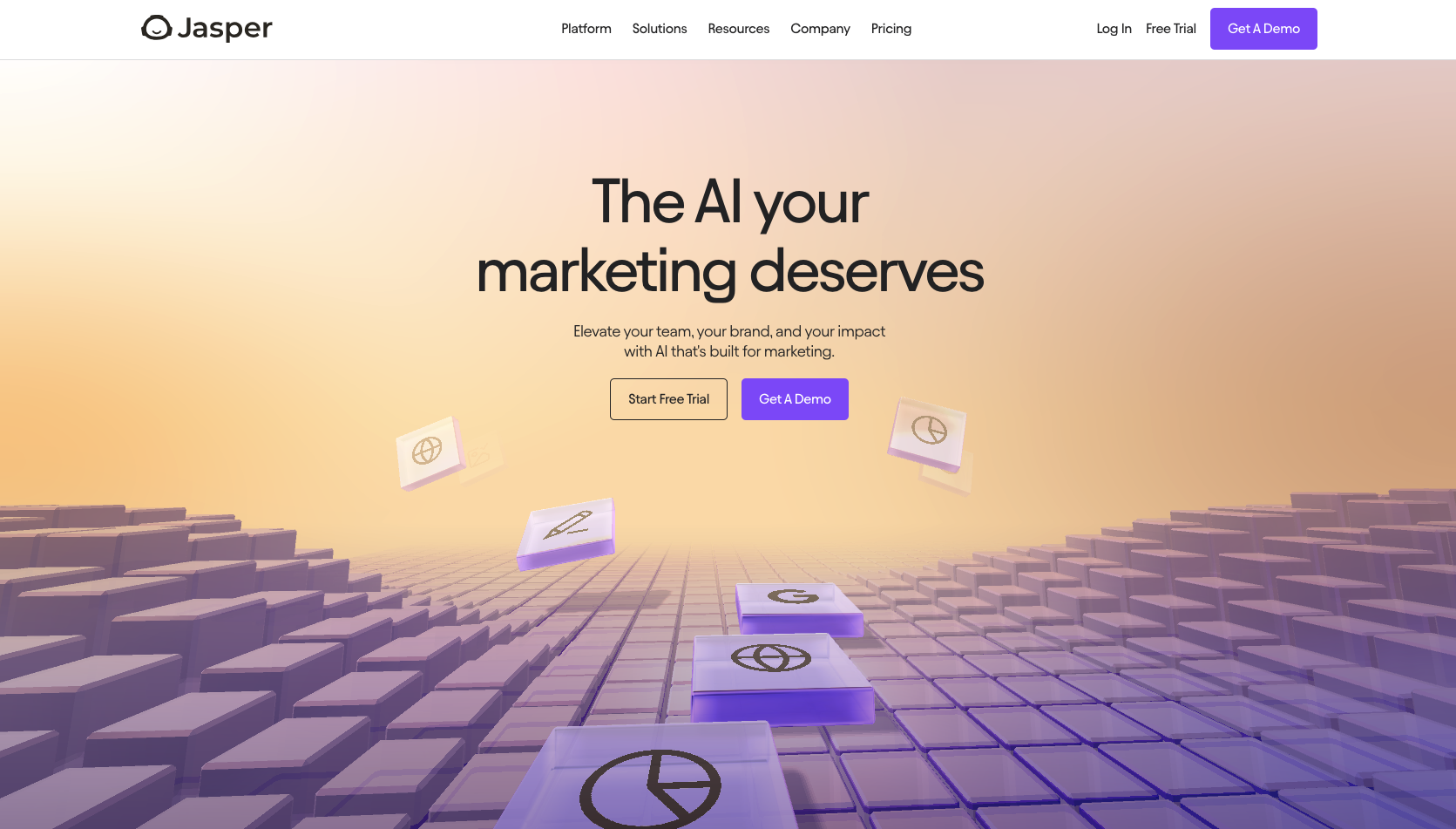
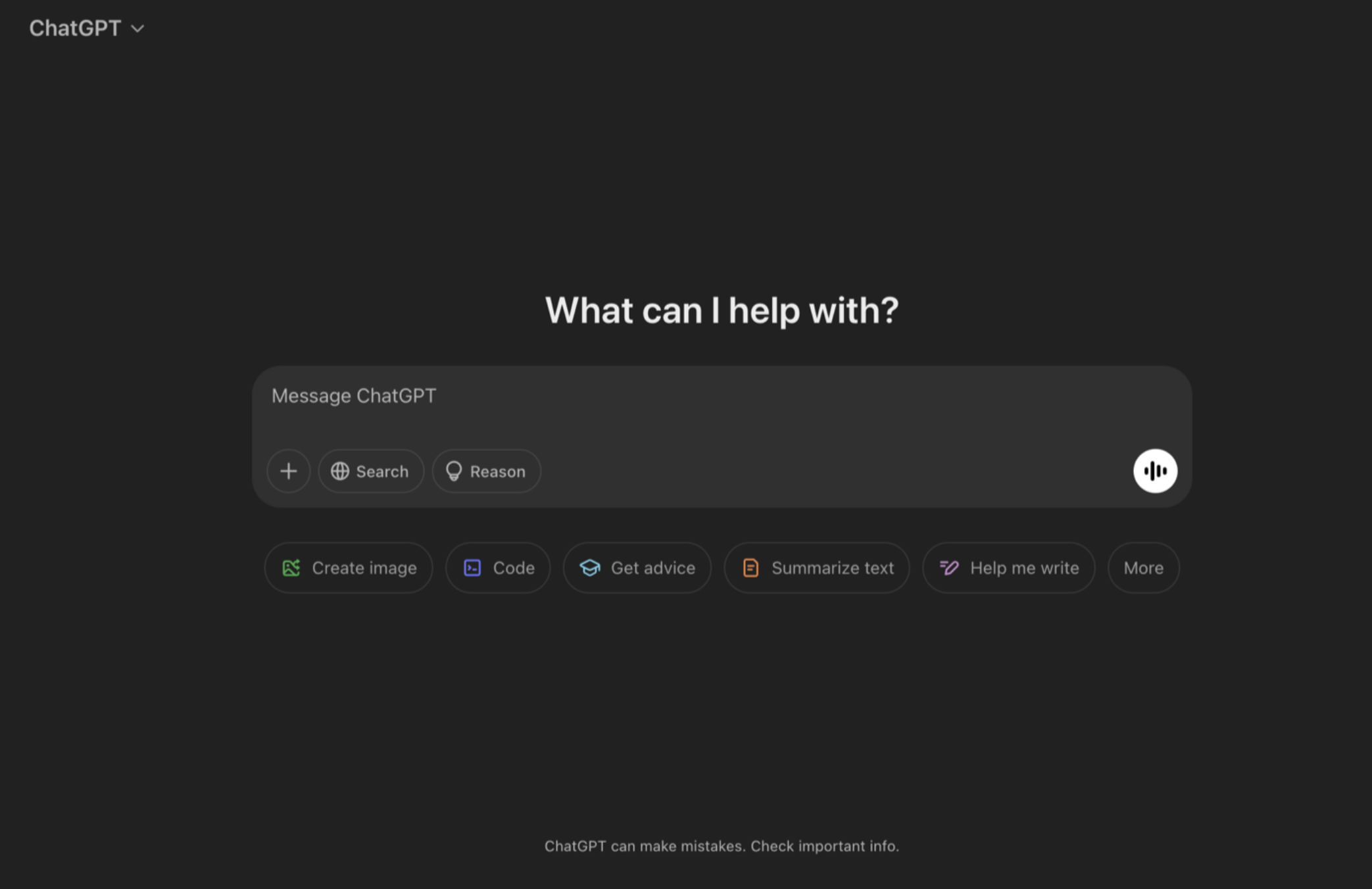
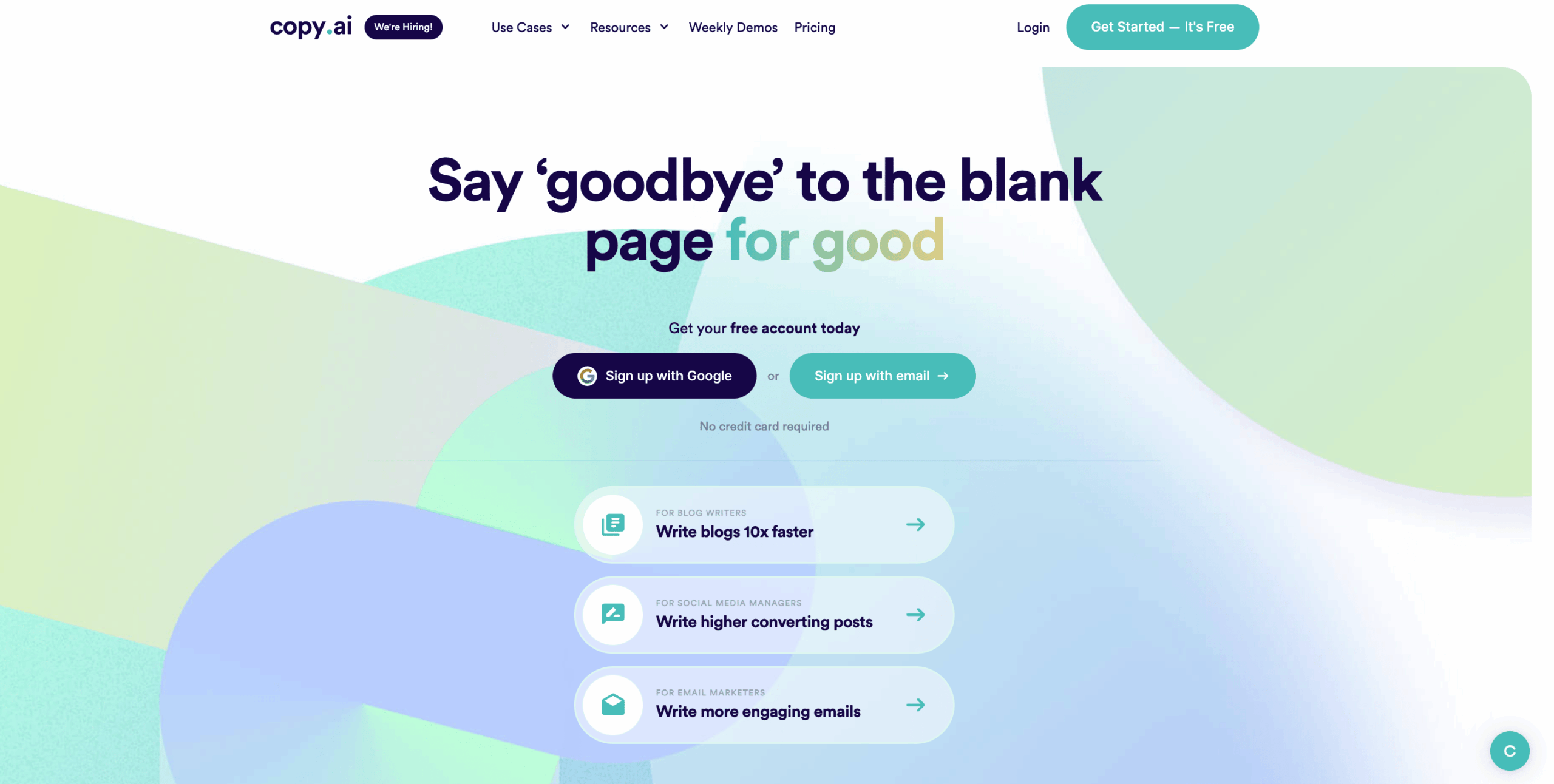
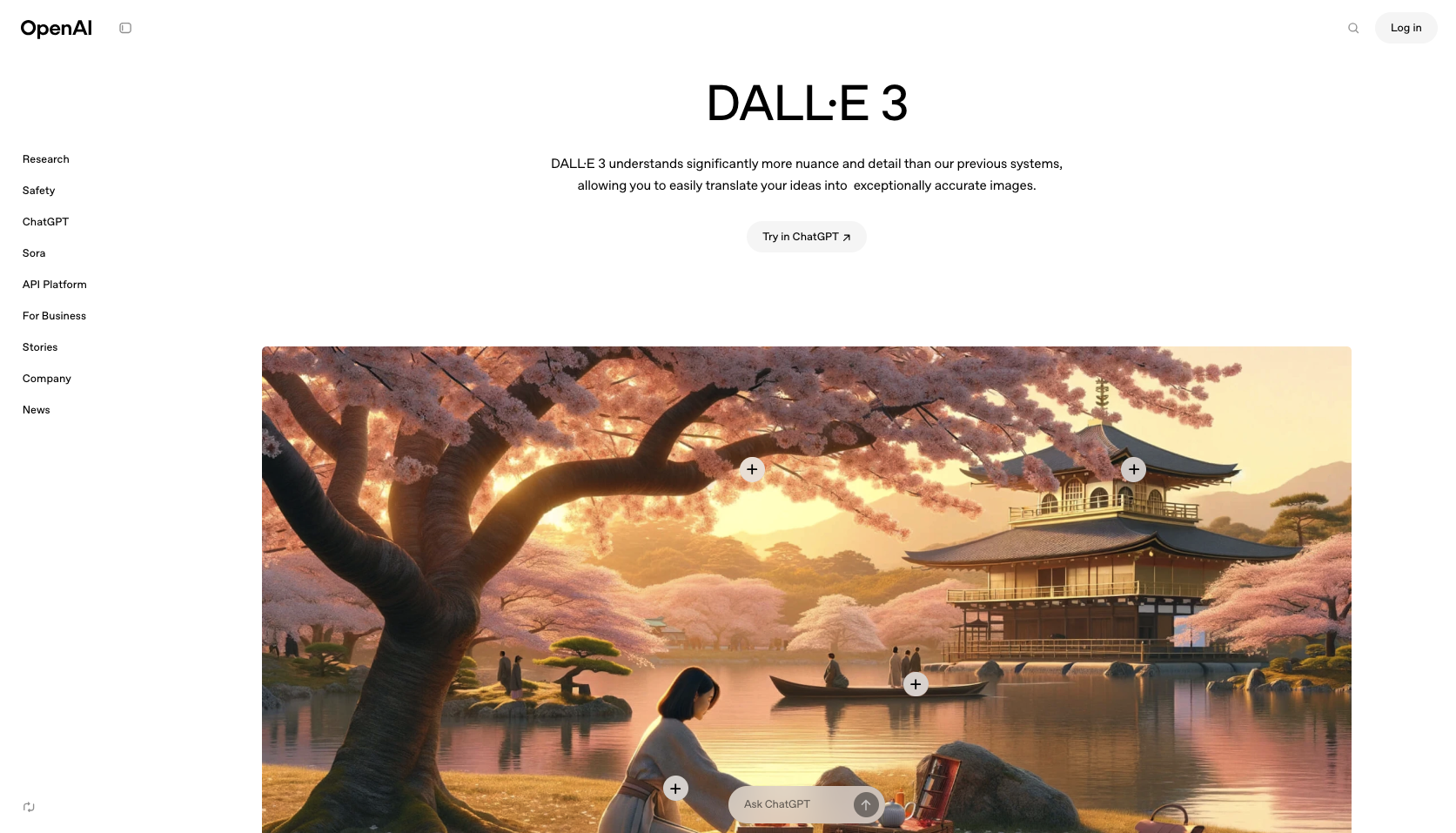
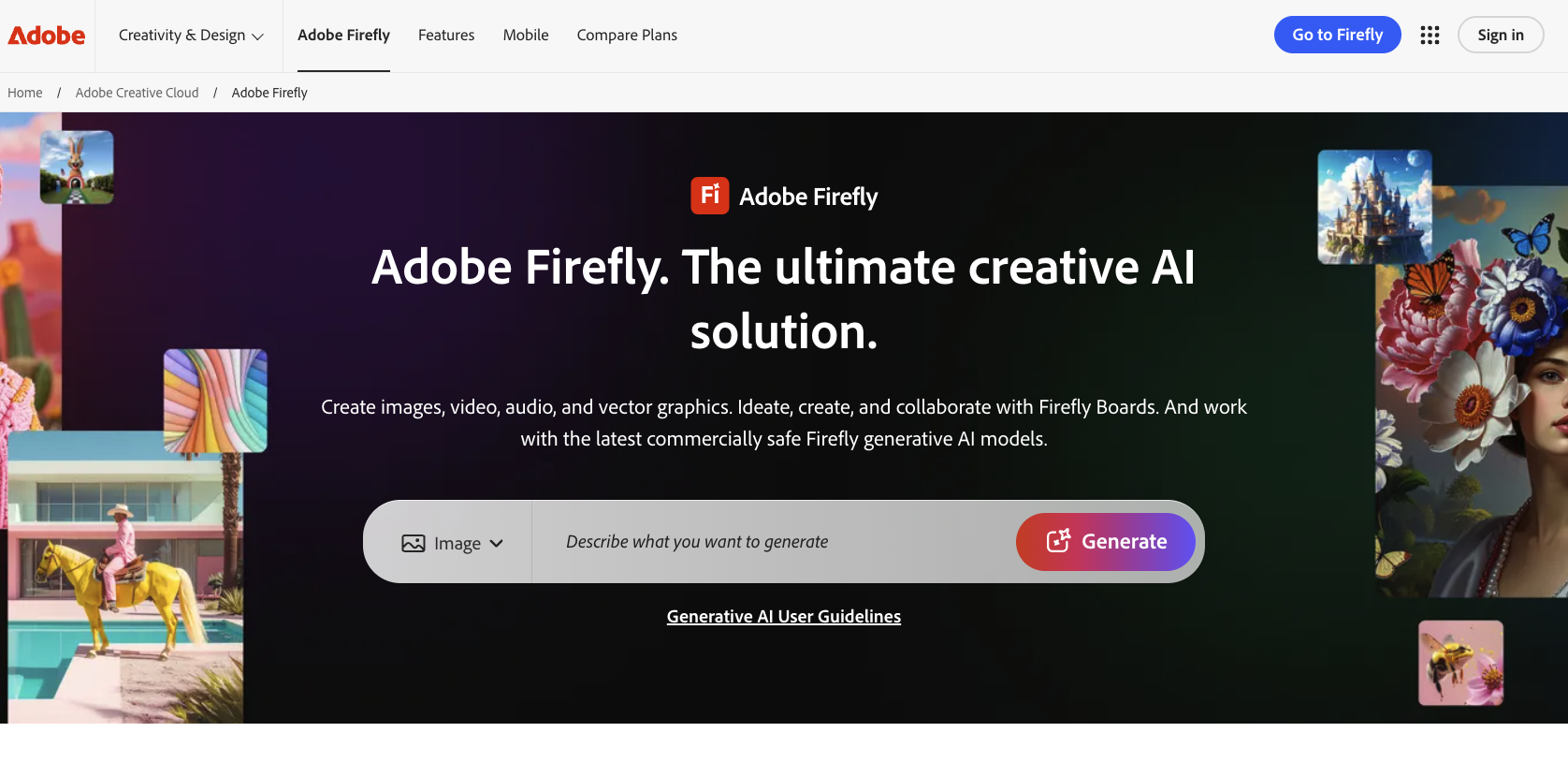
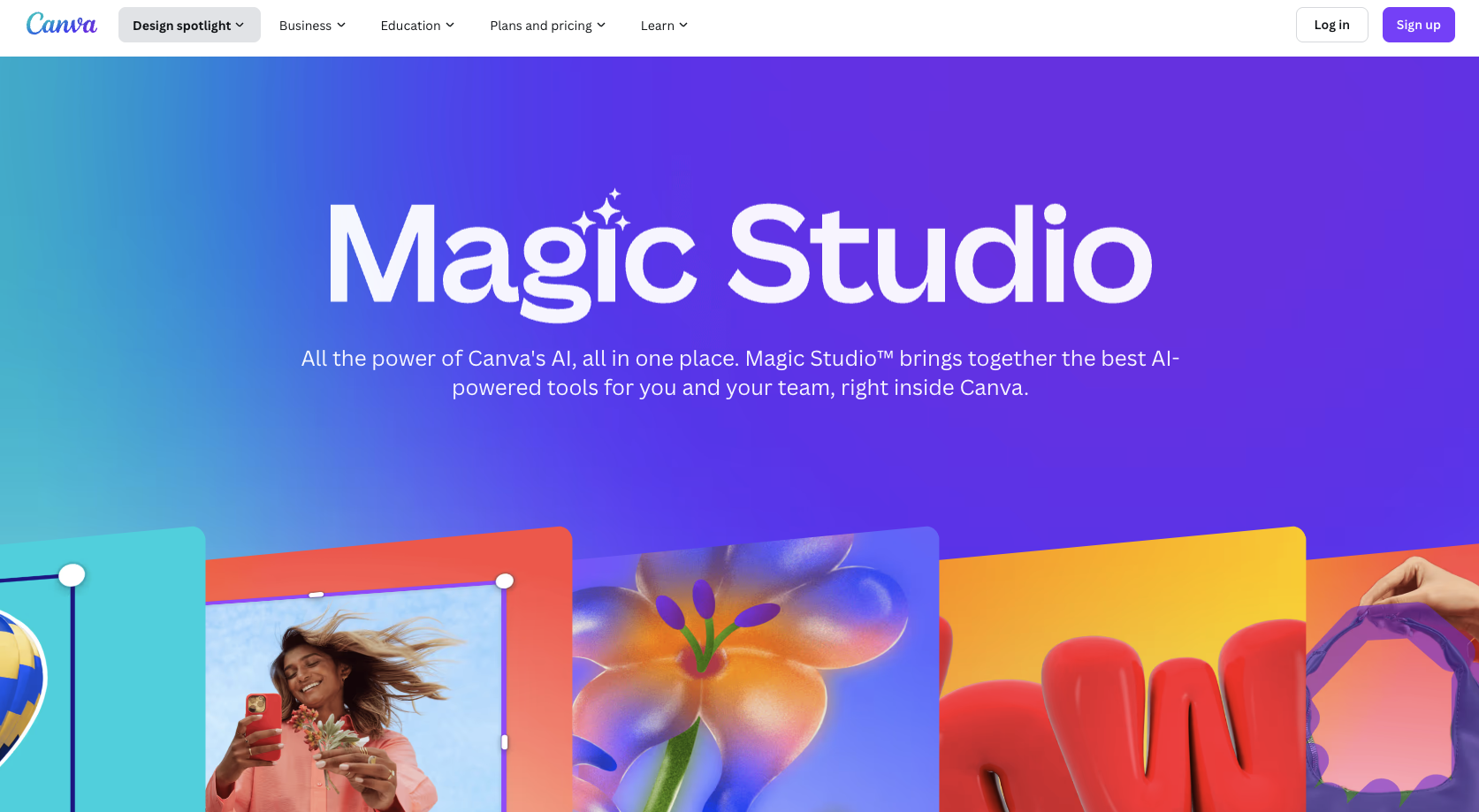
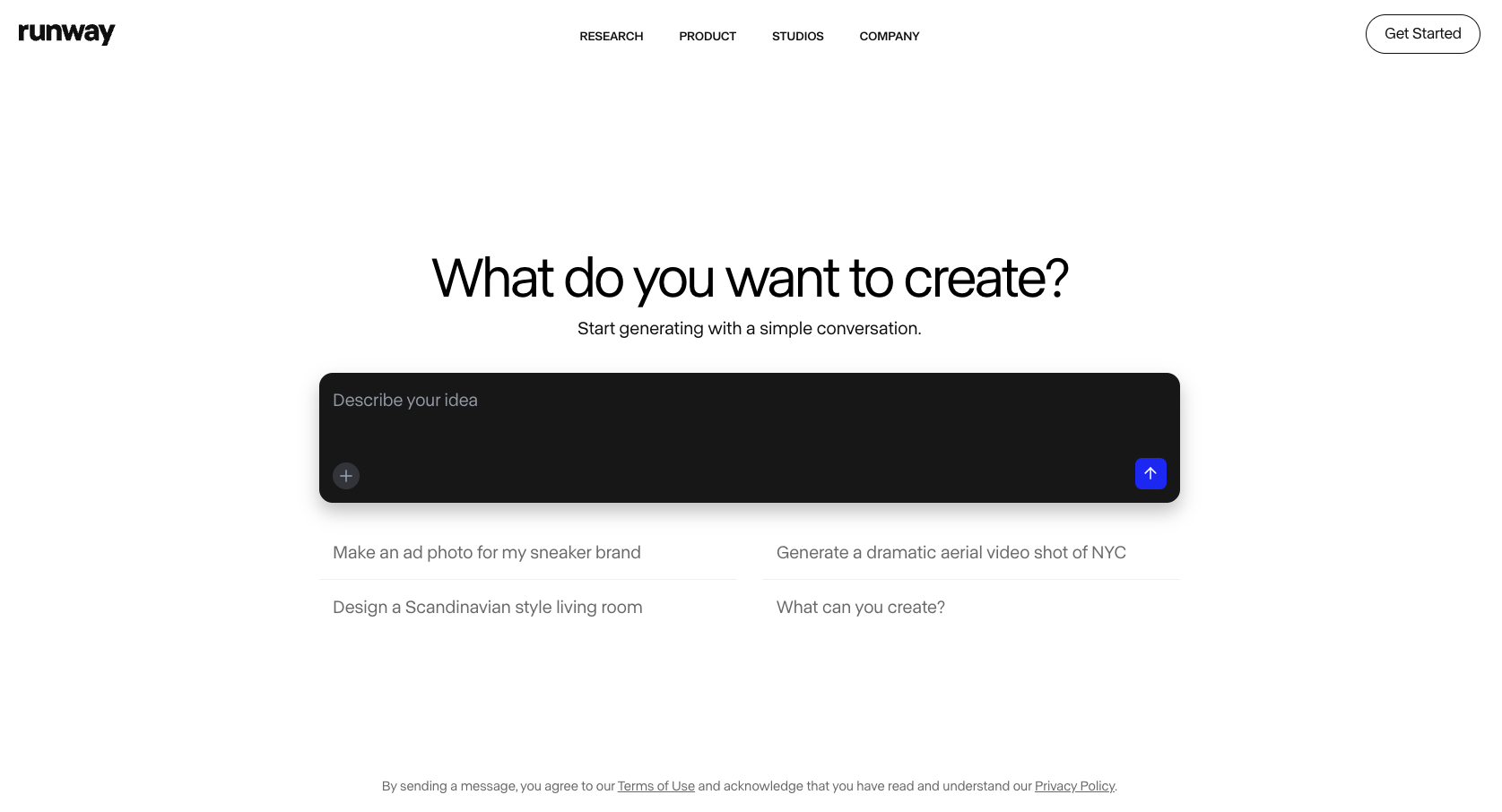
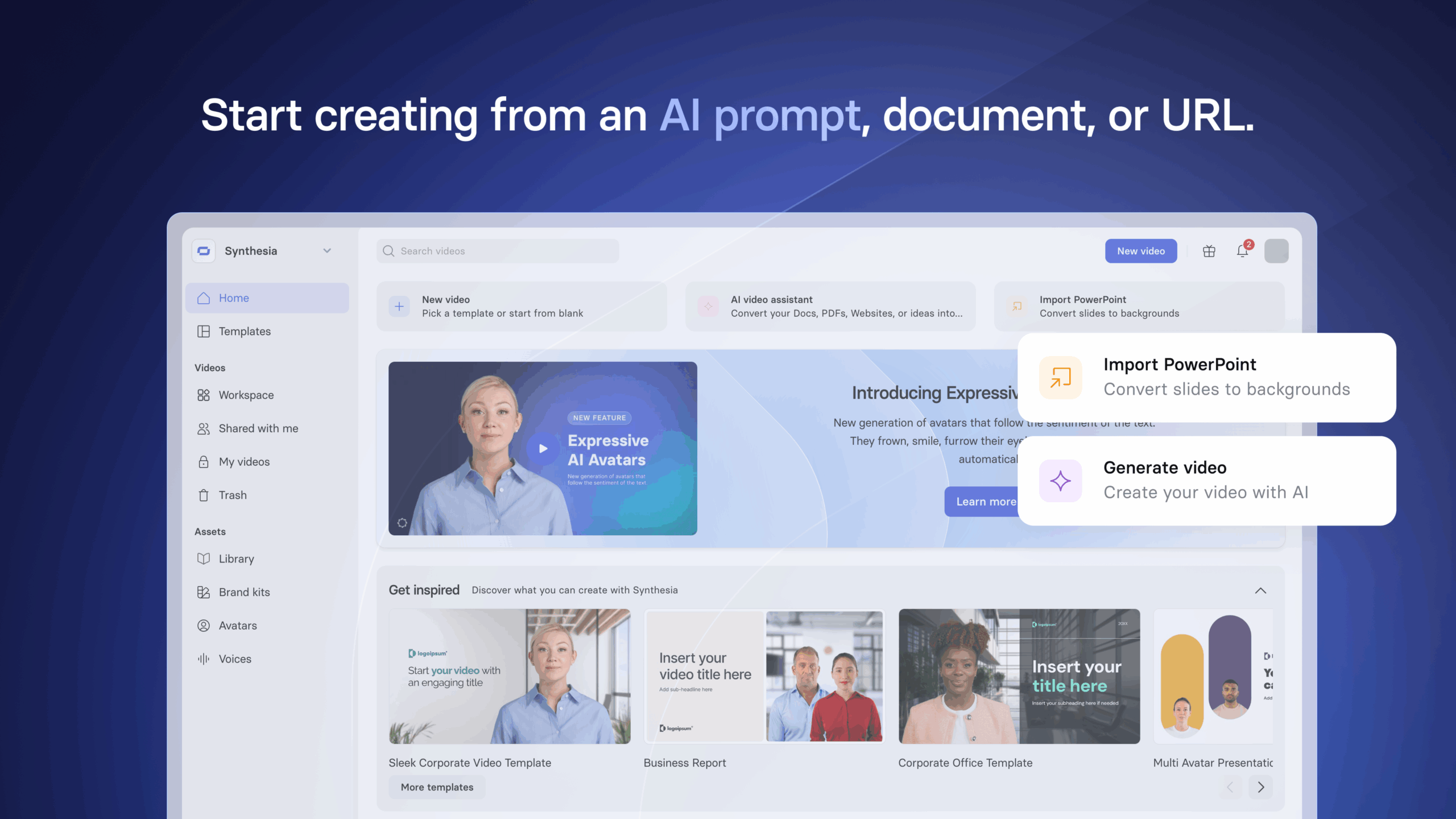

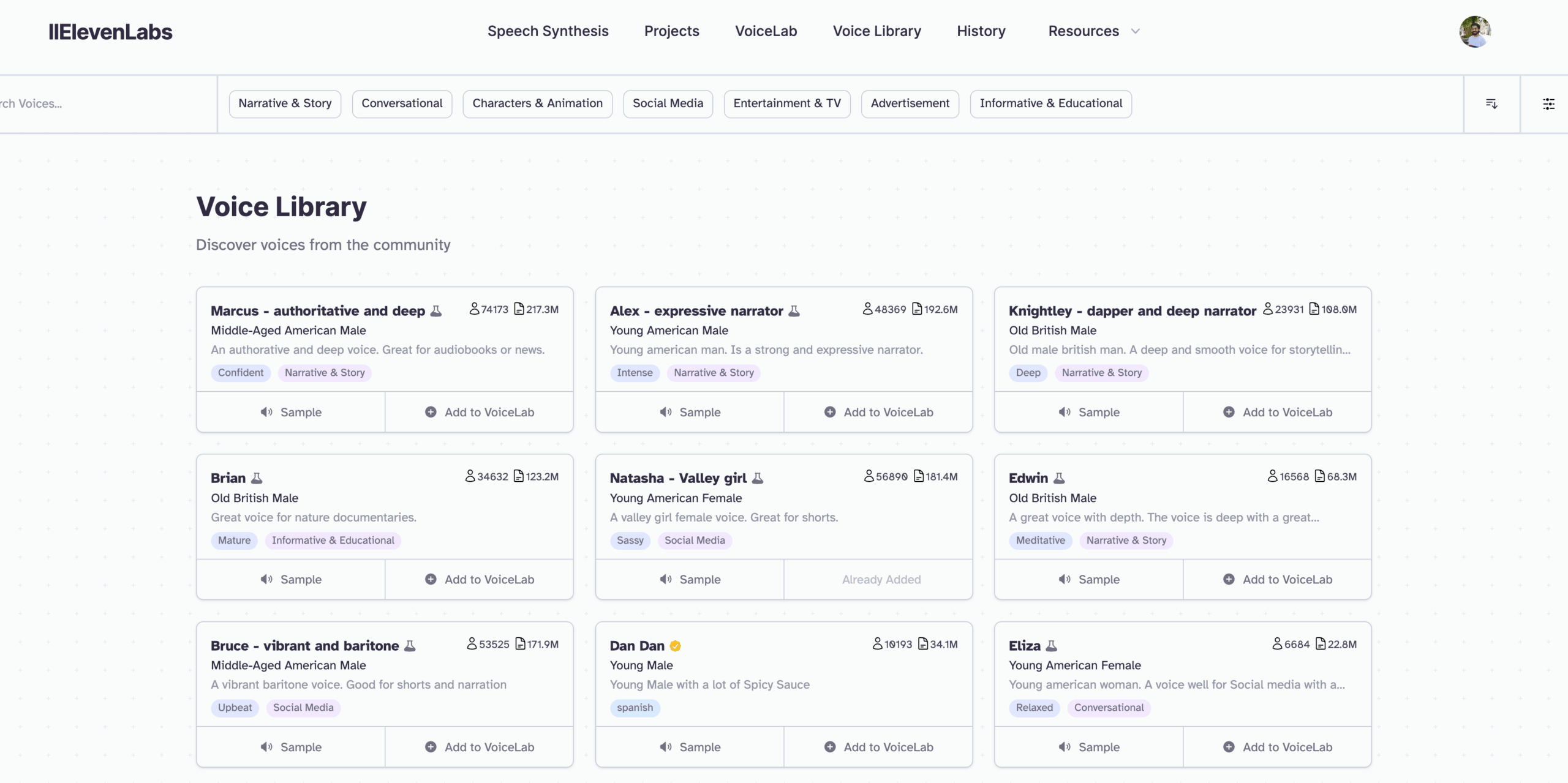

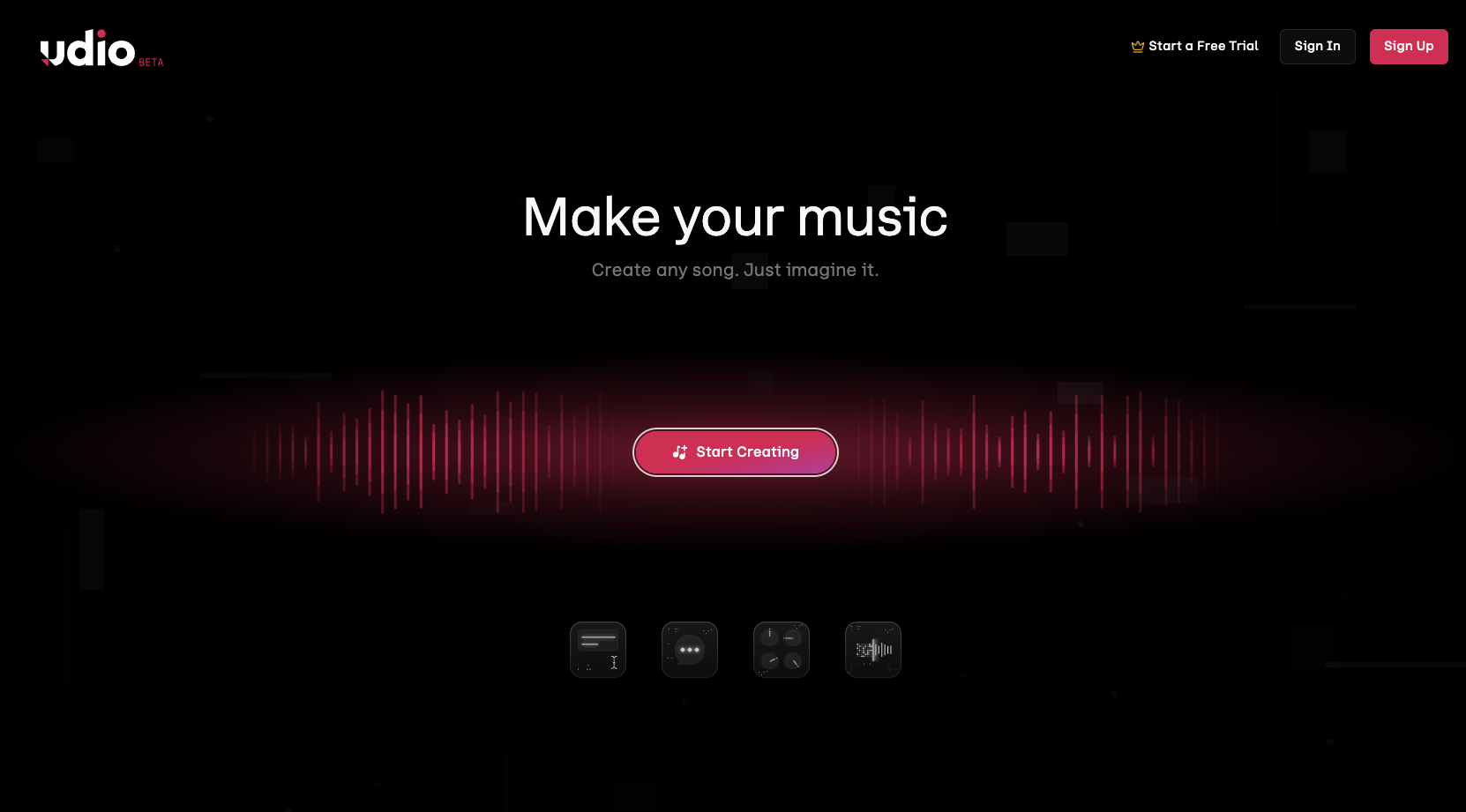
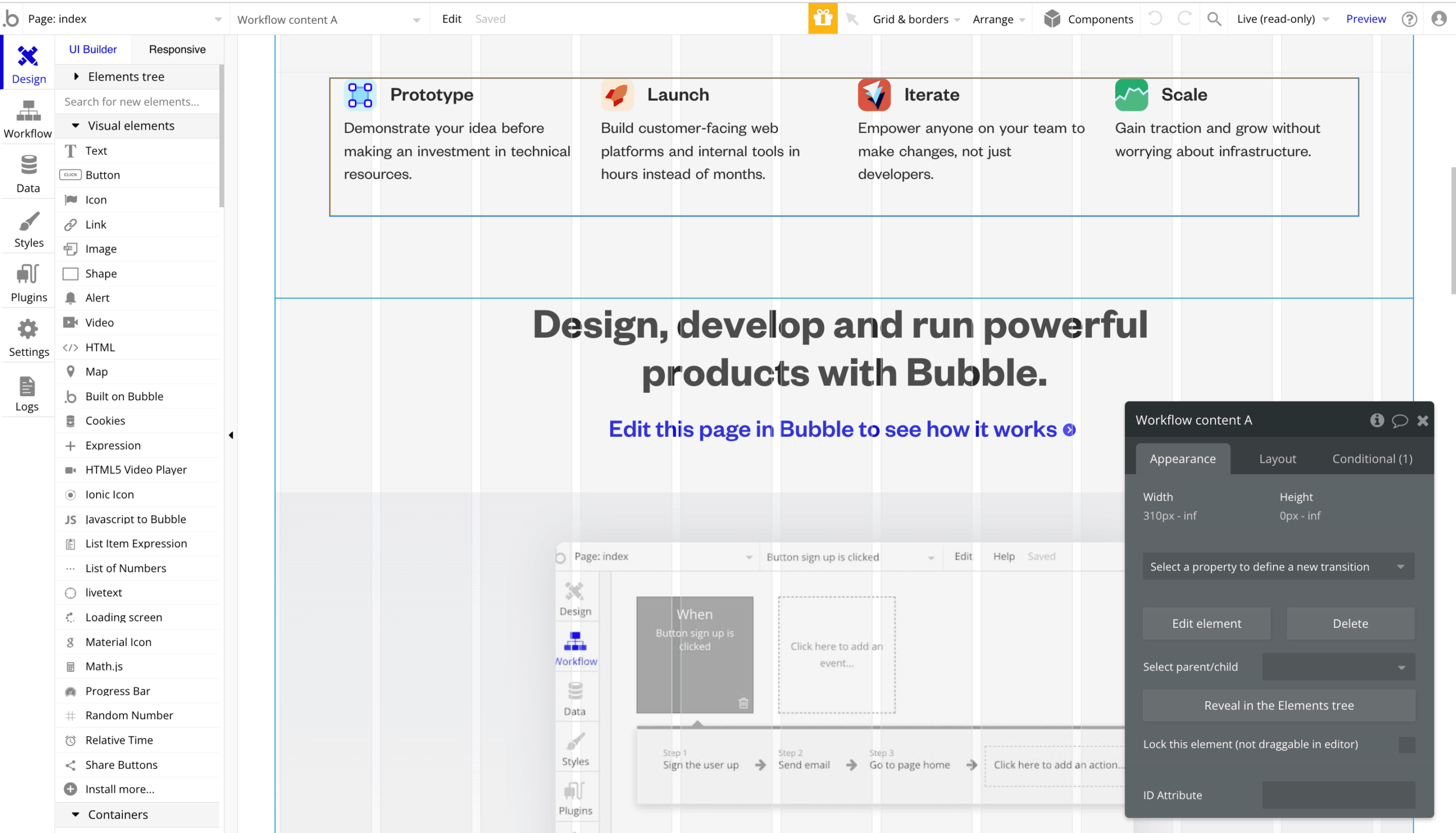








































































































Send Comment: